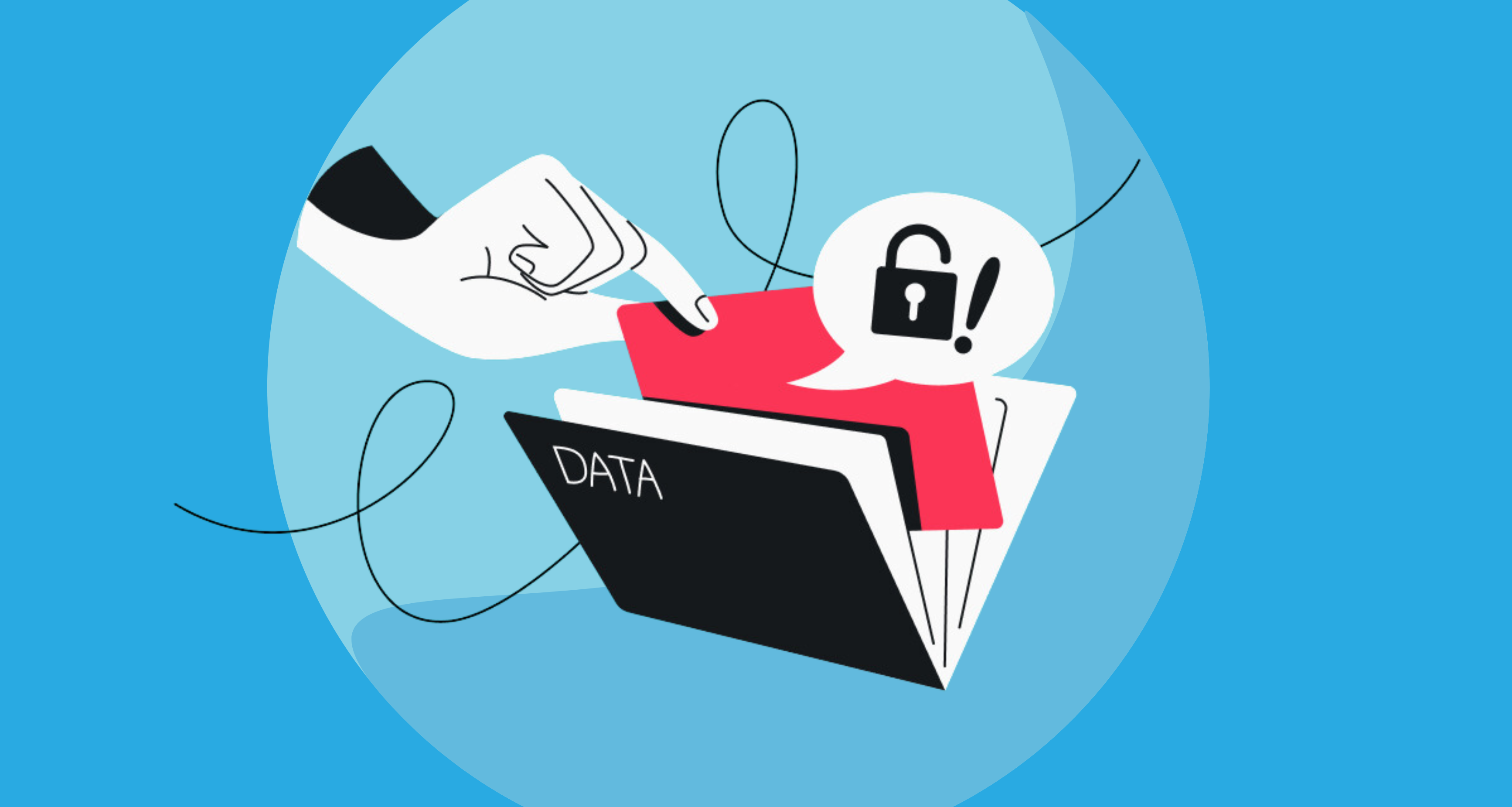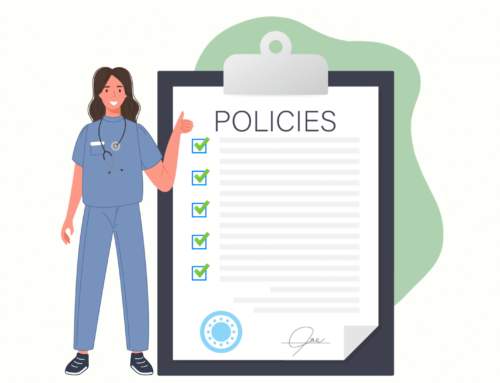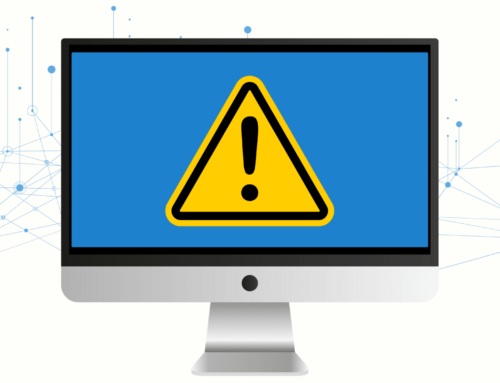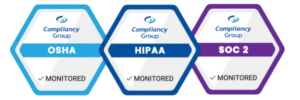
Each month, we review healthcare breaches posted on the Office for Civil Rights (OCR) online breach portal to determine the leading causes and how the incidents could have been prevented. The OCR publicly posts healthcare breaches that affected 500 or more individuals to ensure that all affected patients know their information could have been potentially compromised.
Based on the current numbers, March 2023 was a good month for the good guys as only 5,988,470 records containing patients’ protected health information (PHI) were breached, continuing a two-month downward trend. Unauthorized Access/Disclosure was the cause of the most significant amount of PHI breached in March 2023, with more than 3,356,425 records.
In March 2023, there were 60 large-scale breaches reported, 33 of which affected healthcare providers. These 33 incidents compromised the PHI of 1,557,737 individuals, representing 26.01% of patients affected by the March incidents.
Business associates reported 22 incidents that affected 4,374,743 patients, representing 73% of patients affected.
Six health plans also reported incidents affecting 55,990 patients, representing 0.9% of affected patients.
Hacking/IT incidents were responsible for 45 breaches reported in March 2023. There were 13 breaches caused by unauthorized access or disclosure of PHI, one incident involving theft of PHI.
March 2023 Healthcare Breaches and Hacking
The 45 hacking incidents reported in March affected the PHI of 2,628,033 patients. These 45 incidents represented 43.9% of all documented records breached during the month.
Entities affected by hacking:
- 19 healthcare providers, 386,498 patients, 6.4% of patients affected by hacking
- 20 business associates, 1,194,908 patients, 20% of patients affected by hacking
- 3 health plans, 37,636 patients, 0.63% of patients affected by hacking
Types of hacking incidents:
- 35 hacks of network servers, 2,443,658 patients, 40.8% of patients affected by hacking
- 10 email hacks, 184,375 patients, 3.1% of patients affected by hacking
How to Prevent Hacking Incidents
As hacking incidents have become the leading cause behind healthcare breaches for several years, minimizing your risk of being targeted is crucial.
Security Risk Assessments and Remediation
Security risk assessments (SRAs) are vital for security and compliance. An SRA aims to identify weaknesses and vulnerabilities in your security practices to prepare yourself against potential threats. Once SRAs have been conducted, it is essential to create remediation plans to address any identified deficiencies.
Employee Cybersecurity Training
A significant portion of hacking incidents results from phishing emails. Employee cybersecurity training is essential to your organization’s overall security posture. Employees should be trained on recognizing phishing attempts and what to do if they suspect an incident has occurred.
March 2023 Healthcare Breaches and Unauthorized Access or Disclosure
Incidents of unauthorized access or disclosures of PHI can occur in two ways – an authorized employee accesses PHI inappropriately, or an unauthorized party gains access to PHI. March 2023 recorded 13 incidents of unauthorized access or disclosure of PHI. These incidents affected 3,356,425 patients, representing 56% of the breached records reported in March.
Entities affected by unauthorized access or disclosure:
- 11 Healthcare providers, 170,130 patients, 2.8% of patients affected by unauthorized access or disclosure
- 1 Health plan, 6,460 patients, 0.11% of patients affected by unauthorized access or disclosure
- 1 Business associate, 3,179,835 patients, 53.1% of patients affected by unauthorized access or disclosure
Types of unauthorized access or disclosure:
- 3 electronic medical records incident, 4,362 patients, 0.07% of patients affected by unauthorized access or disclosure
- 4 network server and other incidents, 3,319,150 patients, 55.4%% of patients affected by unauthorized access or disclosure
- 3 email incidents, 2,596 patients, 0.04% of patients affected by unauthorized access or disclosure
- 2 paper/film, 7,317 patients, 0.12% of patients affected by unauthorized access or disclosure
- 1 other, 23,000 patients, 0.38% of patients affected by unauthorized access or disclosure
How to Prevent Unauthorized Access or Disclosure
As we mentioned, there are two ways in which unauthorized access or disclosures occur – inappropriate employee access or unauthorized access by another entity.
Policies and Procedures and Employee Training
HIPAA policies and procedures are essential to HIPAA compliance as they guide employees on what is appropriate. HIPAA requires employee use and disclosure of PHI to be limited to the minimum necessary to perform their job functions. Your policies and procedures should dictate this, and employees should be trained on the policies and procedures to be aware of their obligations.
User Authentication, Access Controls, and Audit Controls
To ensure adherence to the minimum necessary standard, you must implement user authentication, access controls, and audit controls. User authentication provides unique login credentials for each employee, while access controls enable administrators to designate different PHI access levels using those unique login credentials. Also, based on the implementation of unique login credentials, audit controls track access to data to ensure that PHI is accessed appropriately by each employee.
March 2023 Healthcare Breaches and Other Causes
In March 2023, one business associate reported the theft of a portable electronic device to OCR that affected 3,013 individuals, representing less than 0.05% of the breached records reported in March.








